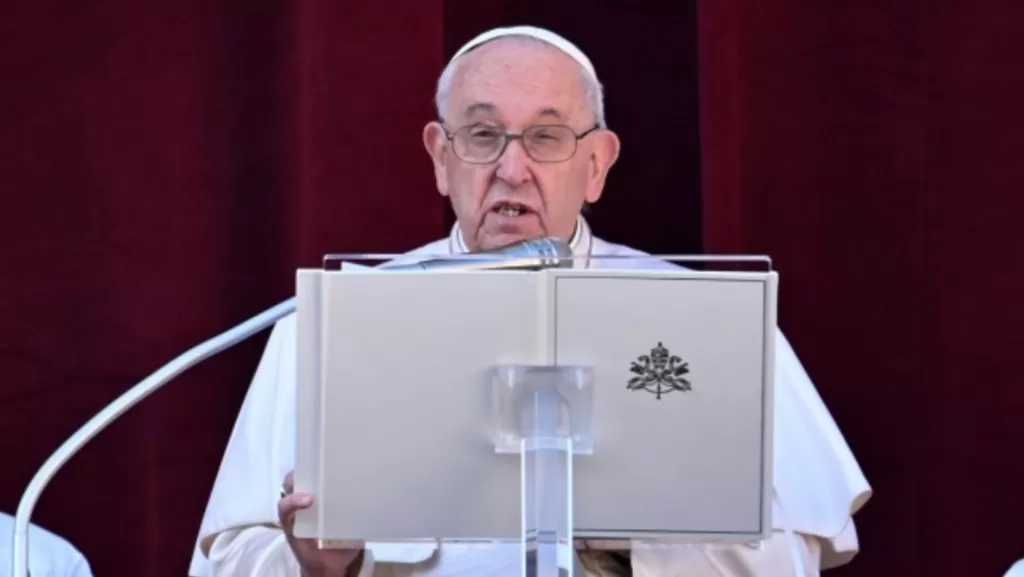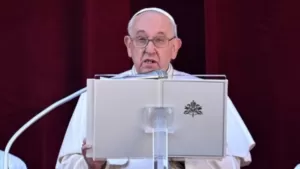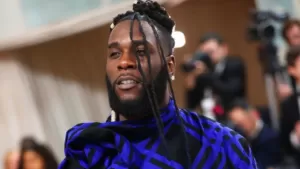Pope Francis, the People’s Pope, Dies at 88, Leaving a Legacy of Compassion and Controversy

VATICAN CITY — Pope Francis, the first Latin American pontiff and a transformative figure in the Catholic Church, passed away on April 21, 2025, at 7:35 AM CEST in his modest residence at the Vatican’s Casa Santa Marta. He was 88. The announcement came from Cardinal Kevin Farrell, the Vatican Camerlengo, in a somber video statement broadcast on Vatican Media, marking the end of a papacy that spanned over a decade and reshaped the global perception of the Church.
A Papacy Defined by Humility and Reform
Born Jorge Mario Bergoglio on December 17, 1936, in Buenos Aires, Argentina, Francis was elected as the 266th pope on March 13, 2013, succeeding Pope Benedict XVI. As the first Jesuit pope and the first from the Americas, he brought a new tone to the papacy, emphasizing humility, mercy, and outreach to the marginalized. Choosing the name Francis in honor of St. Francis of Assisi, he set out to lead a “poor Church for the poor,” a mission reflected in his decision to forgo the opulent Apostolic Palace for the simpler Casa Santa Marta and his frequent visits to slums, prisons, and refugee camps.
Francis’s papacy was marked by bold gestures and a push for inclusivity. He championed the cause of migrants, calling for bridges rather than walls, and made environmental stewardship a cornerstone of his tenure with his 2015 encyclical Laudato Si’, which framed climate change as a moral issue. His outreach to other faiths, including historic meetings with Muslim and Jewish leaders, earned him praise as a bridge-builder in a polarized world. In 2016, he welcomed refugees from Syria to the Vatican, and in 2021, he made a perilous trip to Iraq to promote peace and interreligious dialogue.
Yet, his efforts to modernize the Church stirred controversy. Francis sought to make the institution more welcoming to groups historically sidelined, such as divorced Catholics and the LGBTQ+ community. His 2016 document Amoris Laetitia opened the door for some divorced and remarried Catholics to receive Communion, sparking backlash from conservative factions who accused him of diluting doctrine. His famous remark, “Who am I to judge?” regarding gay Catholics, signaled a shift in tone, though progressive critics argued he stopped short of structural reforms, such as endorsing same-sex marriage or women’s ordination. His approval of blessings for same-sex couples in 2023 further polarized the faithful, with some African and Eastern European bishops rejecting the move.
Health Struggles and Final Days
Francis’s later years were marred by declining health. A partial lung removal in his youth due to a respiratory infection left him vulnerable to chronic lung conditions. In recent years, he battled recurrent bouts of bronchitis and pneumonia, culminating in a prolonged hospital stay in early 2025 for double pneumonia. Despite his frailty, he continued public appearances, often relying on a wheelchair, and maintained a rigorous schedule, including a historic trip to Indonesia and Papua New Guinea in September 2024.
Sources close to the Vatican reported that Francis’s condition deteriorated rapidly in the days leading up to his death. He passed away peacefully in his residence, surrounded by aides and medical staff. The Vatican has not disclosed an official cause of death, but his chronic respiratory issues are widely believed to have contributed.
Rituals and Transition
Following his death, the Vatican has begun the traditional rites outlined in the Apostolic Constitution Universi Dominici Gregis. Cardinal Farrell, as Camerlengo, will oversee the interregnum, or sede vacante period, until a new pope is elected. The Fisherman’s Ring, a gold signet symbolizing papal authority, will be ceremonially broken to signify the end of Francis’s reign. In keeping with his wishes for simplicity, Francis’s body will be dressed in a white cassock with minimal ornamentation, placed in a zinc-lined wooden coffin, and transferred to St. Peter’s Basilica for public viewing. A nine-day mourning period, known as the Novendiale, will include Masses across Rome.
A conclave to elect the next pope is expected within 15–20 days, with cardinals under 80 gathering in the Sistine Chapel to cast their votes. Speculation about Francis’s successor has already begun, with names like Cardinal Luis Antonio Tagle of the Philippines, Cardinal Péter Erdő of Hungary, and Cardinal Matteo Zuppi of Italy circulating among Vatican observers. The new pope will inherit a Church grappling with declining membership in the West, growing influence in Africa and Asia, and ongoing debates over its role in a rapidly changing world.
Global Tributes and Mixed Reactions
World leaders and faithful alike mourned Francis’s passing. Italian Prime Minister Giorgia Meloni described him as “a beacon of compassion and humanity,” while Israeli President Isaac Herzog lauded his “unwavering faith and pursuit of peace.” U.S. President Joe Biden, the second Catholic U.S. president, called Francis “a moral giant whose life of service inspired millions.” In Argentina, President Javier Milei, despite past tensions with Francis, declared three days of national mourning, praising his “extraordinary legacy.”
On social media platforms like X, reactions ranged from heartfelt tributes to divisive commentary. Some users hailed Francis as a “pope of the people,” while others criticized his reforms as either too radical or insufficient. Unverified posts claiming Francis died earlier than announced or suggesting foul play surfaced but lack credible evidence and have been dismissed by Vatican officials.
A Lasting Legacy
Pope Francis leaves behind a complex legacy. To his admirers, he was a prophetic voice who brought the Church closer to the marginalized and challenged global indifference to poverty and injustice. To his critics, his ambiguity on doctrinal matters sowed confusion and weakened the Church’s traditional foundations. His emphasis on synodality—a collaborative model of Church governance—empowered lay voices but frustrated those who sought clearer directives.
As the Catholic world prepares to bid farewell, Francis’s impact endures in the countless lives he touched, from the prisoners he washed feet for to the global youth he inspired at World Youth Days. His funeral, expected to draw millions to Rome, will be a testament to his universal appeal and a moment for the Church to reflect on its future.
For ongoing updates, the Vatican’s official news portal, vaticannews.va, will provide details on funeral arrangements and the conclave. Major outlets like Reuters, The New York Times, and Catholic News Agency offer additional coverage of Francis’s life and legacy.







